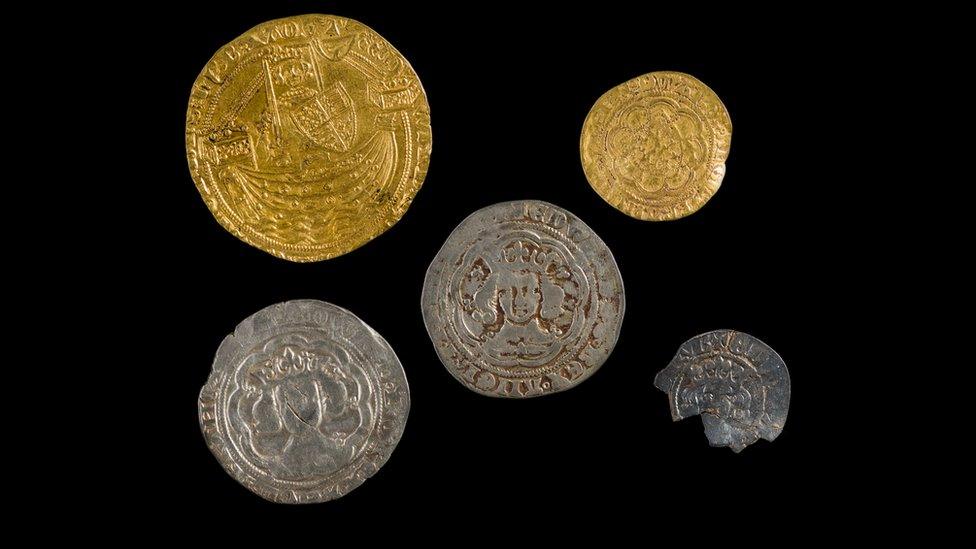Medieval times: Aberystwyth historian's seal of approval
- Published
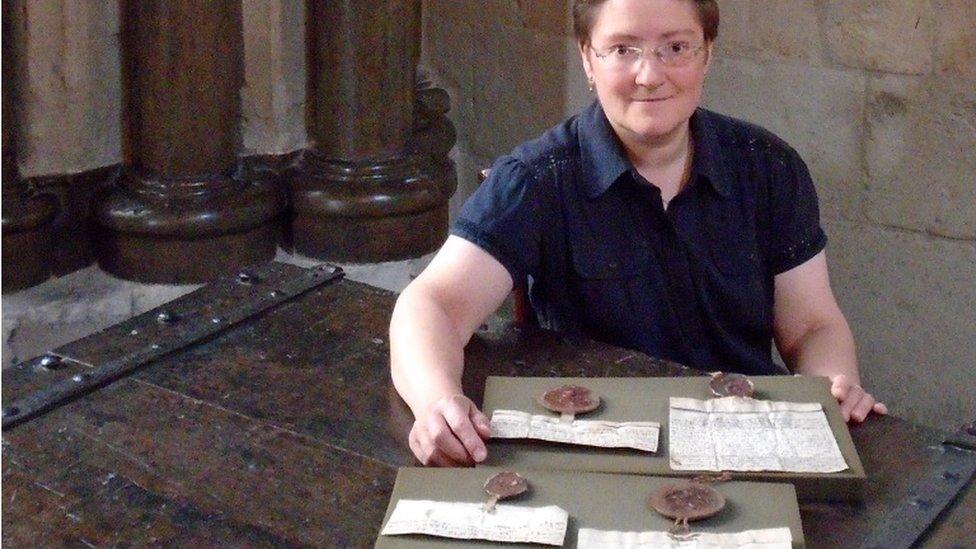
Seals illustrate "status, power and wealth", said Dr Elizabeth New
A historian from Aberystwyth University has been awarded a major research fellowship to investigate what seals tell us about life in the Middle Ages.
Dr Elizabeth New is the only academic at a Welsh institution to receive the funding in the latest round of awards from the prestigious Leverhulme Trust.
The three-year project has been awarded £123,000 and will explore how life changed after the Black Death plague.
Research will also include forensic analysis of fingerprints in wax.
"Medieval seals acted in a similar way to modern signatures, credit cards, and logos, and were as familiar a part of everyday life as these things are to us," said Dr New, based in the department of history & Welsh History.
"But what makes seals so important is that they conveyed far more than signing your name or swiping a card does today.
"They were small but powerful parcels of image and text which identified and represented men and women - from nobles to artisans and peasants - as well as offices, institutions and groups."
Post-pandemic changes
Entitled Identity, Interaction and Exchange in Medieval England, the project will address questions about fashion, gender, family, occupation and locality as well as people's use of language.
It will also look at changes after the Black Death plague in the 14th Century.
Dr New said: "As the world grapples with Covid-19 and its effects, it will be particularly interesting to see if the images and text people chose to use on medieval seals change in the post-plague years."
- Published26 May 2020

- Published31 March 2020
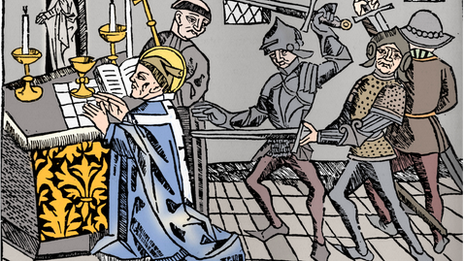
- Published13 March 2020
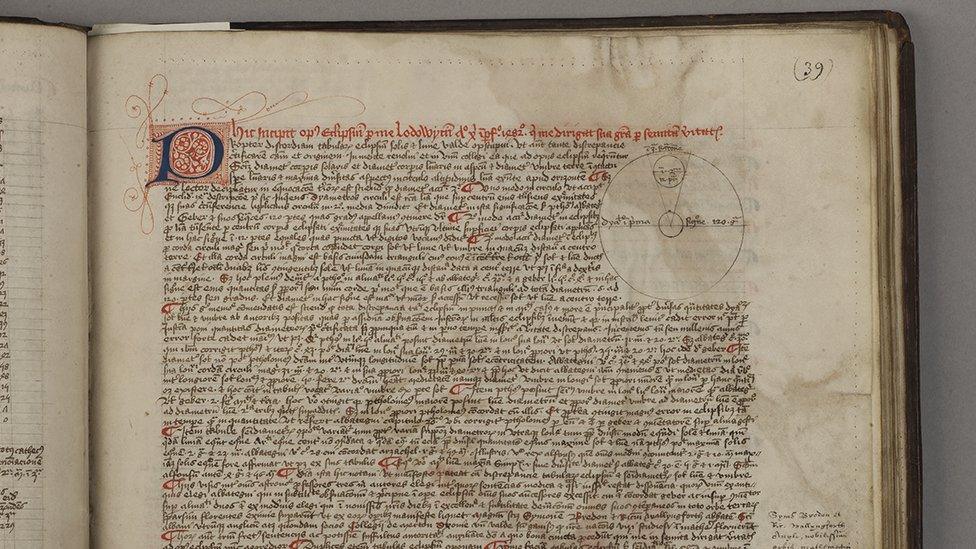
- Published27 January 2020
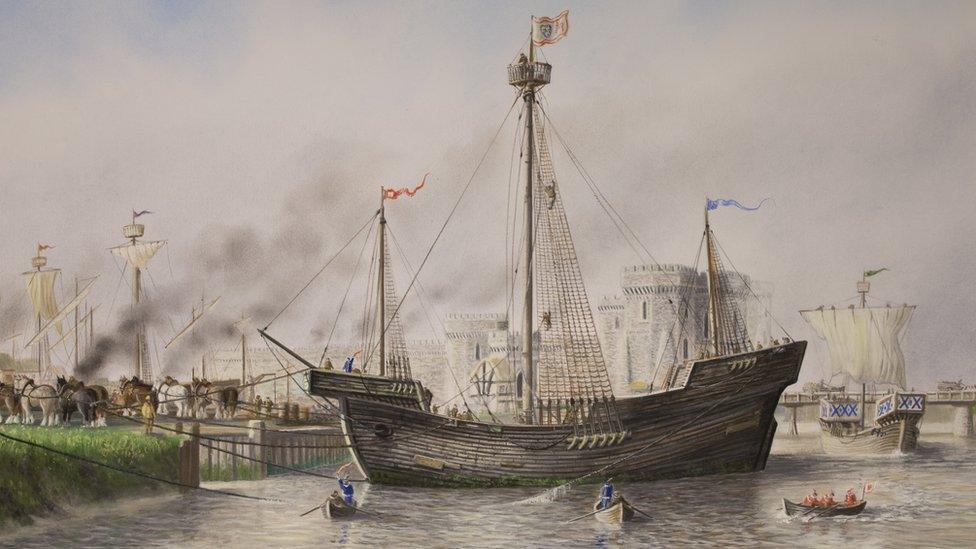
- Published18 January 2020
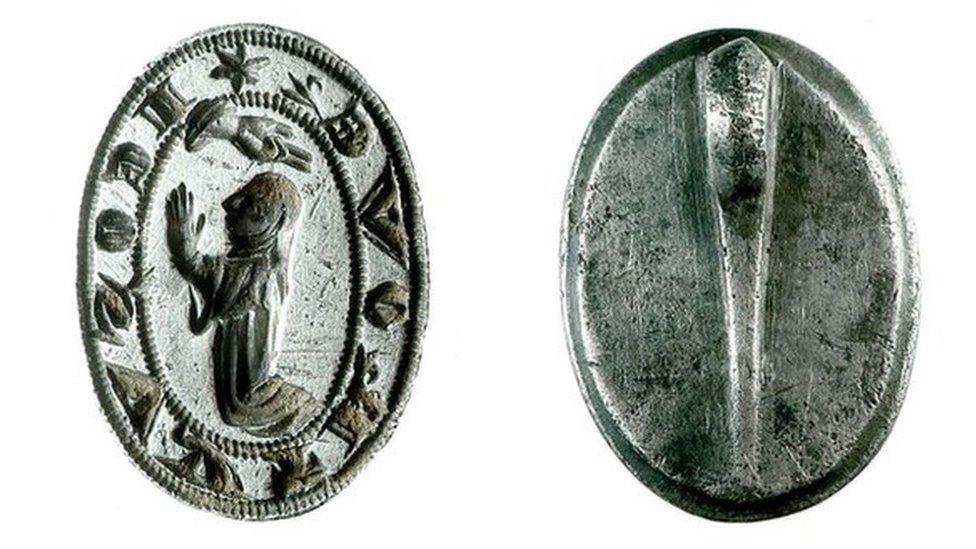
- Published15 January 2020
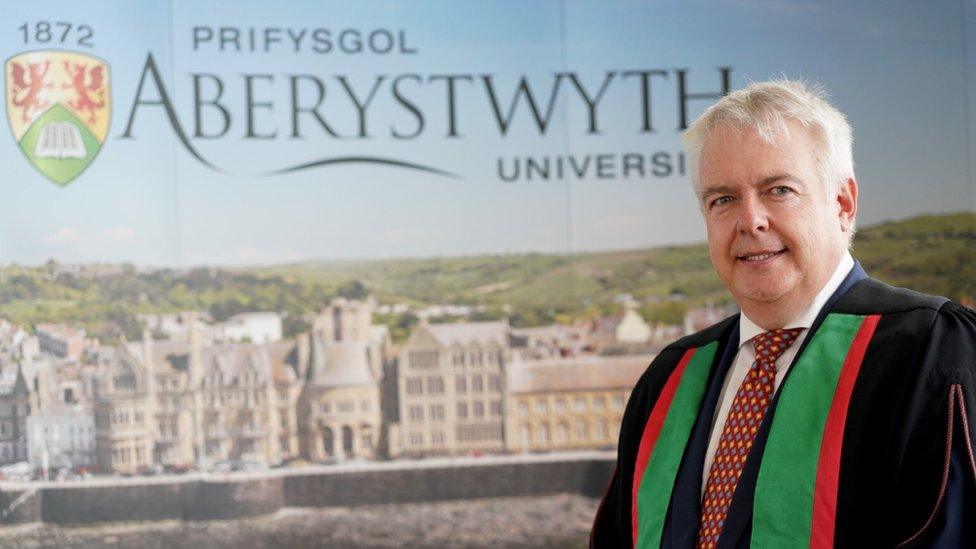
- Published20 December 2019
